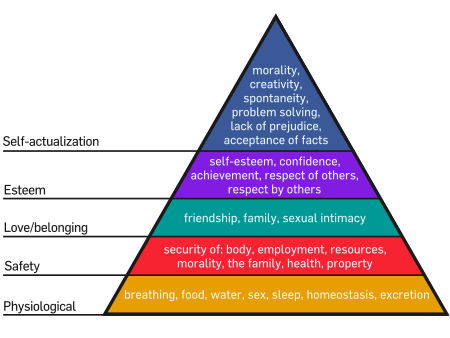Are You Satisfied?
By LeAnna J. Carey | Oct 12, 2011

"While all aspects of our life are important, without a balance, you become addicted and like all addictions you lose." Catherine Pulsifer, from Balance of Life
Are you addicted to checking off everything on your to-do list? If so, I'd guess that you have been competing against yourself to accomplish more, stay ahead of your schedule, or looking for ways to squeeze more into your schedule. The very thing that seems to keep your day moving is keeping you from having more fulfilling less time-pressured days, right? Competing against time can be a tough game to win, however creating balance empowers you to rise above in the "too busy doing what" dance.
When you run out of either time or energy you are not in sync and being out of balance can have a domino effect on your quality of life and many of us would agree that one of the basic human needs that is harmed by being out of balance is our quality of sleep. When your sleep schedule is not in sync with your need for energy, everything else can spiral down, making it impossible to thrive at work or at home. Consider this - just as you achieve that feeling of accomplishment by checking off your 'to do' list, it is also possible to achieve 'feelings of efficacy and enjoyment, while minimizing stress and frustration' by becoming more sensitive to our internal rhythms,* in other words, creating balance.
While the need for sleep has been studied extensively, and whether you agree with Maslow's hierarchy of needs or not, consider that Aristotle was one of the first philosophers to study sleep and it's relevance to thinking and creativity. Today, the difference is that our society moves at a much faster pace, and research studies are linking certain disease conditions to sleep deprivation. Creating balance and flow takes a focused, daily effort. Days, weeks, months can slip by quickly - but, are you satisfied with what you are accomplishing or addicted to checking off the list?
Resource: Handbook of Positive Psychology. Chapter 8. Positive Affectivity